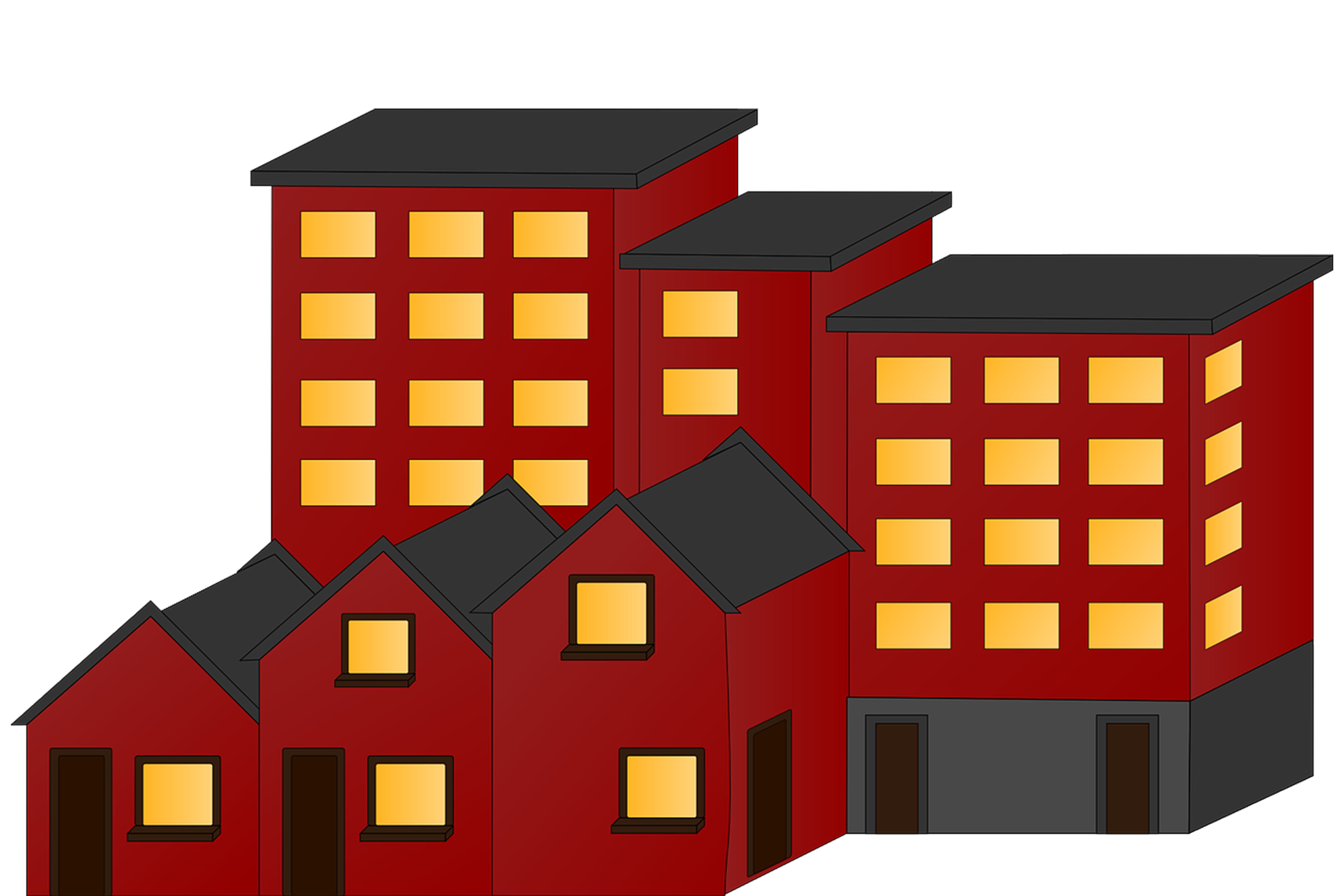
7th December 2019
With legislation getting tighter and tighter within the lettings industry, the debate between landlords on whether to invest in houses or flats is back on the agenda. So where is your money best placed? The answer isn’t as straight forward as you might think – let’s take a look at some of the pros and cons for each.
Spot the difference
Some people might tell you that a new trend is emerging, and that many landlords are favouring flats over houses because they tend to give a higher yield in an increasingly difficult market. And they’re not entirely wrong – flats are cheaper to buy than houses, and therefore can bring in more cash in rent – there are other things that you might want to consider.
You might be attracted to investing in a flat based on the higher yield, the lower purchase price, and the ease of maintenance, which are all very valid. But bear in mind that a flat is a very different animal to a house – and therefore requires a different set of management skills.
Flats – the advantages
Typically, you will find that the purchase price of a flat is lower than a house, in fact in the right area, you could be looking at a saving of up to two thirds of the cost of a house. Of course, this means that yields will be much higher, increasing your profit margin.
The market for flats is very different than for a house – so if you are in an area where there is a demand from single people, young professionals, or even young couples who are looking to start out with a small, affordable property, then that’s who you need to be focusing on when you’re looking for a tenant. Cost of living has risen over recent years, which has increased demand for these types of properties.
You can save money in maintenance costs, as in most cases, the freeholder or management company will be responsible for the upkeep of flats and communal areas.
Flats – the disadvantages
You might find that lenders are less willing to finance flats, due to a higher risk. On top of this, flats often have a higher turnover of tenants as they are often taken by single people, who then move on when they find a partner, or young couples who move out when they start a family, and thus need somewhere bigger.
Due to that higher turnover, there is the added concern of having to go in and clean up and redecorate more frequently, so that you can attract new tenants. However, flats are less likely to be empty for long, which is a positive.
Unlike houses, you have less freedom to make significant alterations to a flat, and so it might prove very difficult if you are looking to increase the value for sale. Other than general modernisation, such as kitchens, bathrooms, and windows, unless the flat is in desperate need of modernisation, you’ll be stuck if you are investing for profit. In this case, the value really is all in the rental yield.
House or flat?
Whether you invest in a house or a flat really is down to your particular circumstances, the area you are in, and the amount of money and time you are able to invest. Flats can be great money-spinners, as long as you know what you’re going into, do your research, and are prepared to put the work in to find the right tenants. Where the market for flat might be smaller, more niche, and less long-term, having them as part of a healthy portfolio, along with family-friendly houses, can pay off in the long term.